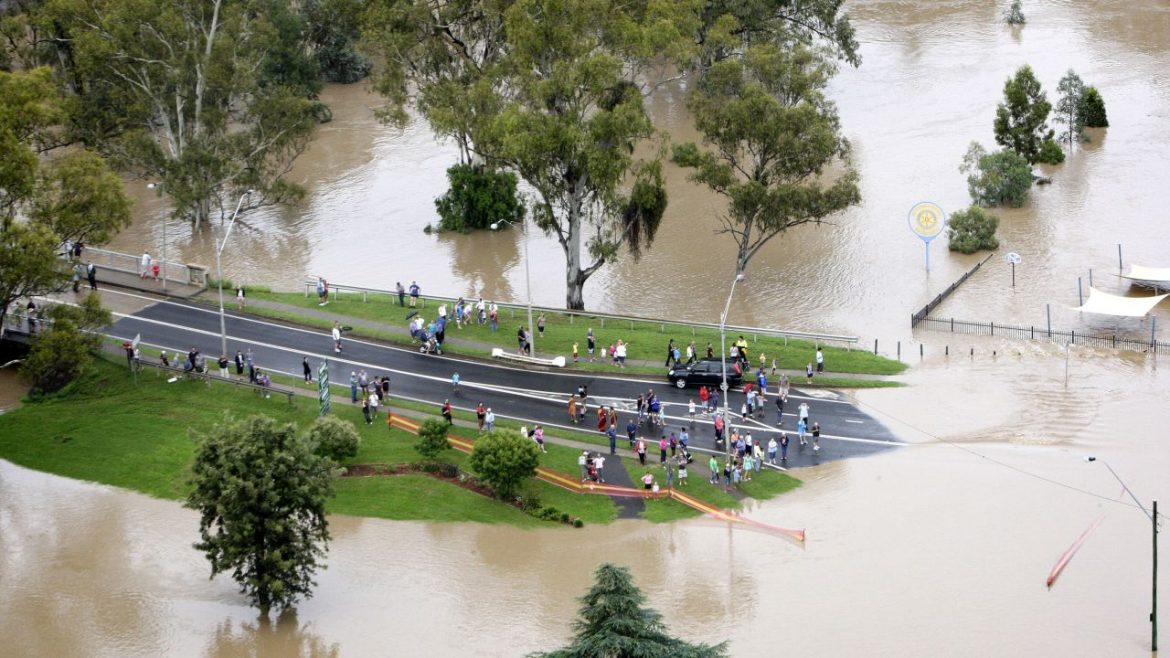A new Australian-led study has shown that people are also more likely to die from heart and lung disease about three to six weeks after a disaster.
According to researches, this is likely to be due to reduced access to health services caused by road closures, along with increased exposure to black mould and other contaminants, including pathogens.
Floods make up 43% of all extreme disaster events and are projected to increase in severity, duration and frequency due to global heating.
In his reaction, Prof Yuming Guo from Monash University, who co-led the study, said that the risk of communicable diseases, such as gastrointestinal conditions, had been examined previously but “we wanted to explore the impact on cardiovascular disease and respiratory disease and how long this impact can last”.
To come up with their findings, the researchers studied data from 761 communities across 34 countries and territories, including Australia, that had experienced at least one flood during the decade from 2000. They reviewed the number of deaths overall and focused on 11.1m cardiovascular deaths and 4.9m respiratory deaths. They matched this to flood and temperature data over the same period.
The study, published in the BMJ on Thursday, found that mortality risks increased and persisted for up to 50 days for cardiovascular deaths and 60 days for respiratory deaths, even after the flooding had dissipated. Deaths from all causes peaked at 25 days after a flood.
Read also: Just Stop Oil protest disrupts Les Misérables performance in London
Among the 35 countries or territories, up to 0.10% of all deaths, 0.18% of cardiovascular deaths, and 0.41% of respiratory deaths were attributed to floods in impacted communities. These flood-mortality associations varied by local climate type and were stronger in populations with low socioeconomic status or high proportions of people aged 65 and above.
The research found that the risk of dying increased by 2.1% for all deaths, 2.6% for cardiovascular deaths and 4.9% for respiratory deaths across the 35 countries or territories.
“In Australia, the impact on respiratory health was much higher than on cardiovascular disease, and in general we were in the middle of all of the countries examined” when it came to the number of deaths, said Guo, from the university’s school of public health and preventive medicine.
“One problem in Australia is people in lower socioeconomic areas are more affected by flooding.”
However, the study did not look at the exact cause of the deaths but Guo said reduced access to health services and exposure to contaminants likely played a role.
“Governments need to monitor and protect people from health impacts for weeks after the event, not just in the immediate days after,” Guo said.
In her reaction, associate Prof Liz Hanna, from the Australian National University’s Institute for Climate, Energy & Disaster Solutions, said: “Further research needs to be done to answer these questions as to why the death rates increase so we can better target prevention strategies.”
On top of the factors mentioned by Guo, Hanna said that interrupted access to medications, along with stress and grief, could exacerbate existing health conditions.
Story was adapted from the Guardian.
